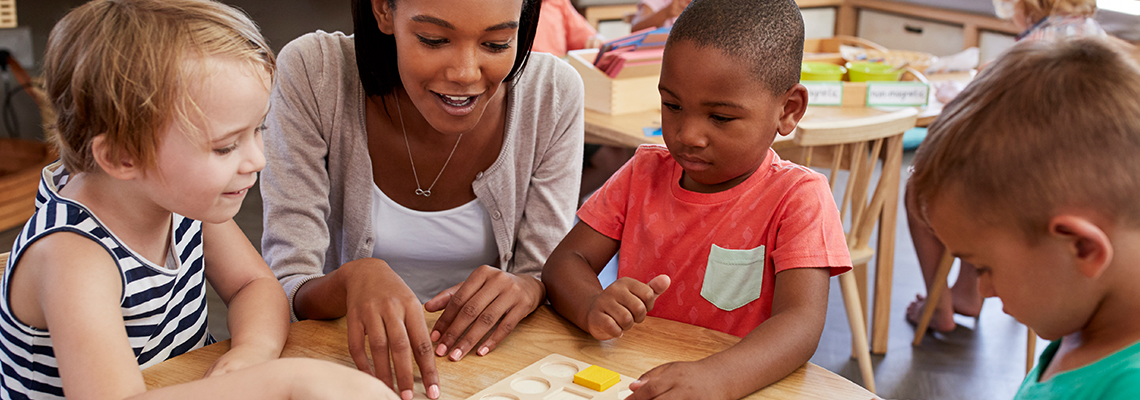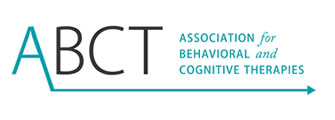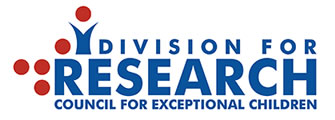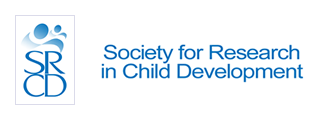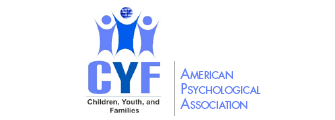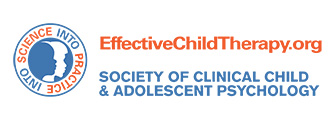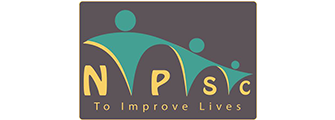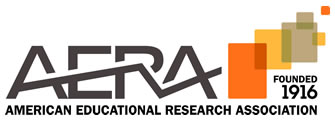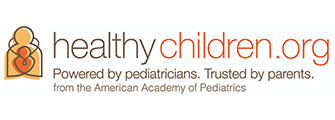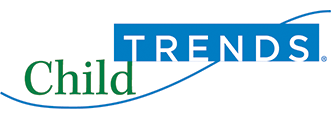“What are you going to do about childcare? What about school?” Among the many questions that parents of young children must answer, these two can be among the most stressful. There is an abundance of information available about the importance of a high-quality early childhood program. Unfortunately, the information available to help parents choose a program can be much more limited. Often this looks more like a “checklist” of practical facts – accreditation, class size, and teacher/student ratios. But as every parent knows, different children in the same classroom may have very different needs. Once the practical boxes are checked, how does a family decide which program is the best fit for them, and for their child? Where will everyone feel comfortable and thrive, setting the stage for long-term success and growth?
It’s all in the relationships.
For many children and families, the early care and education experience is a series of firsts. For children, the first time socializing in a group with “strangers,” and figuring out how to share space, toys and time in a new space. For parents, it may be the first experience communicating with an unfamiliar adult about their child. These early experiences are the foundation for future school and social activities, so a strong positive start is important. Often the most critical information about whether a program will “fit” is found within the relationships among the people. How are the children and the adults getting along? How does the program communicate with families, and do families communicate with each other? What does it look like when things are going well…and what does it look like when things are bumpy? In short, what are the relationships in the center like, and will the family feel comfortable within them? This set of questions can be harder to define and answer, but ultimately they are at the core of a successful experience.
What do you need to know?
Knowing that relationships are important to understand is one thing. Knowing how to understand them in a new setting is another. A recent brochure published by the American Psychological Association (APA) Coalition for Psychology in Schools and Education gives parents some guidance about questions to consider, and things to look for, when deciding between programs. http://www.apa.org/education/k12/high-five.aspx
High 5 Questions to Ask When Visiting an Early Learning Center
- What’s happening in the classroom? Look around the room – are there toys or activities that your child would like? Are children choosing their own activities, working together, or following adult direction? Is there a routine, and is it flexible?
- How are teachers and children getting along? What tone are teachers using with each other, and with children? Do you hear positive communication, encouragement and kindness between the adults, and between the children and adults?
- How do teachers guide, and when needed, redirect children’s behavior? Are there clear expectations for behavior that you can see, and do you feel your child would understand them? Do adults step in when children are struggling, and how?
- How do teachers talk with children? Are comments to children positive and specific to the child or activity? Are teachers introducing new ideas or questions that may guide a child to the next step or another interesting activity?
- How do teachers communicate with parents? How will parents know what is happening day to day, and what will be happening over the next few weeks? Are there community gatherings, can families visit, and does the program have a plan to support school transition when the time comes?
In many cases, the “right” answers will differ for different families. This is an opportunity to think through and better understand how your family values, builds and maintains relationships with others. How do you prefer to share information about your child’s day? What do you need to know to ensure that your child is comfortable at home and at school? When difficulty arises – as it inevitably does – how can teachers or other adults help your child and family manage these experiences with resilience and success? In addition to guiding school choices, this information will be invaluable when considering different clubs, sports, and activities, and communicating with other caregivers over the course of family life.
Some things change, and some things stay the same…
It is important to remember that over time, everything changes. The program that fits at one stage may not be the best fit at another. Keeping these questions in mind and perhaps reconsidering them annually will help families continue to feel comfortable with their program choice. If a program switch does happen, these core questions, plus a solid first experience will help guide the next steps, and ultimately support the growth and happiness of the individual child, as well as the entire family.
Proper citation link for this blog post:
Gelbar, N. (April 16, 2018). Supporting Your Child During the Transition to College. Retrieved from https://infoaboutkids.org/blog/beyond-basics-choosing-early-childhood-program/
